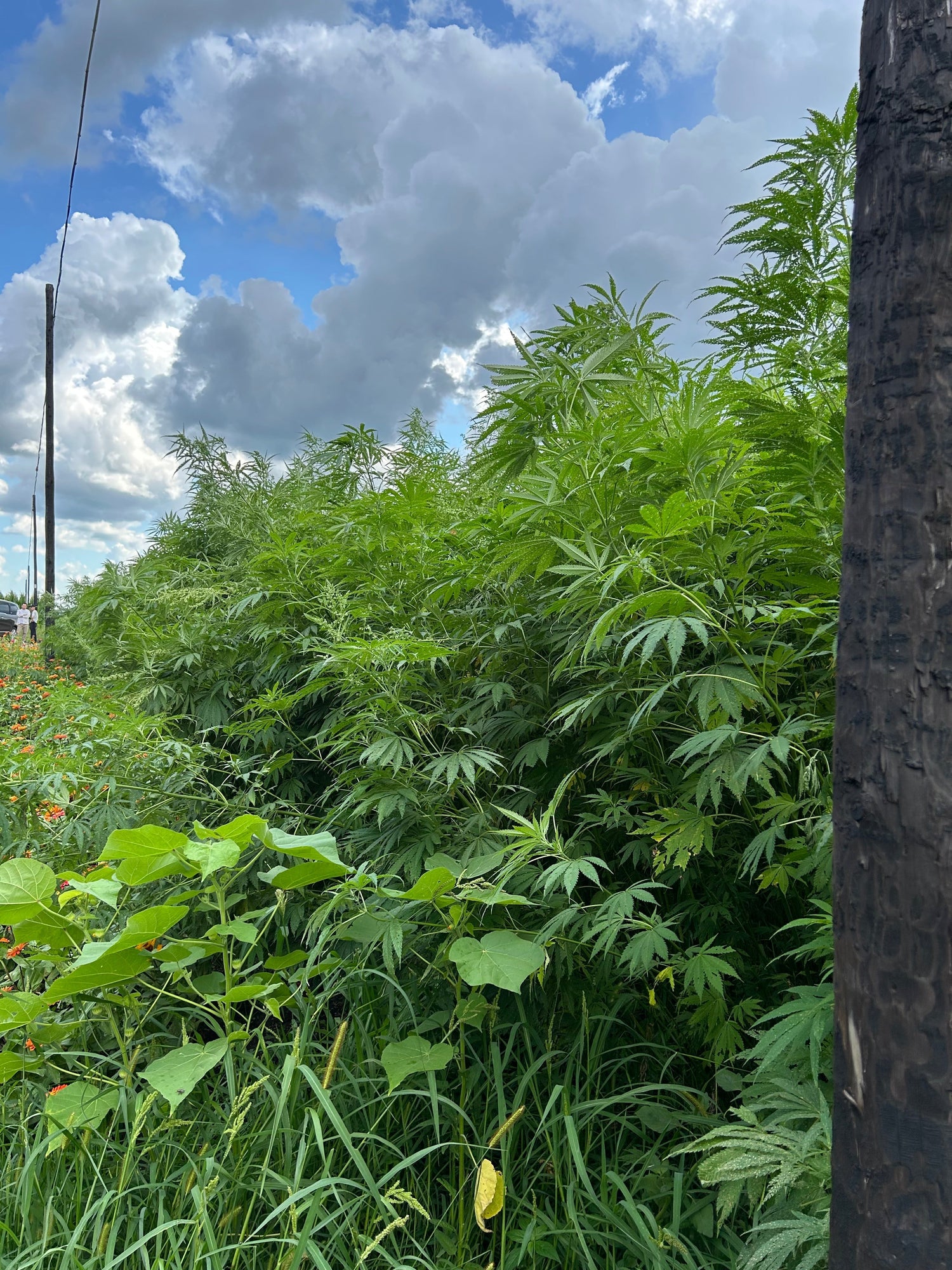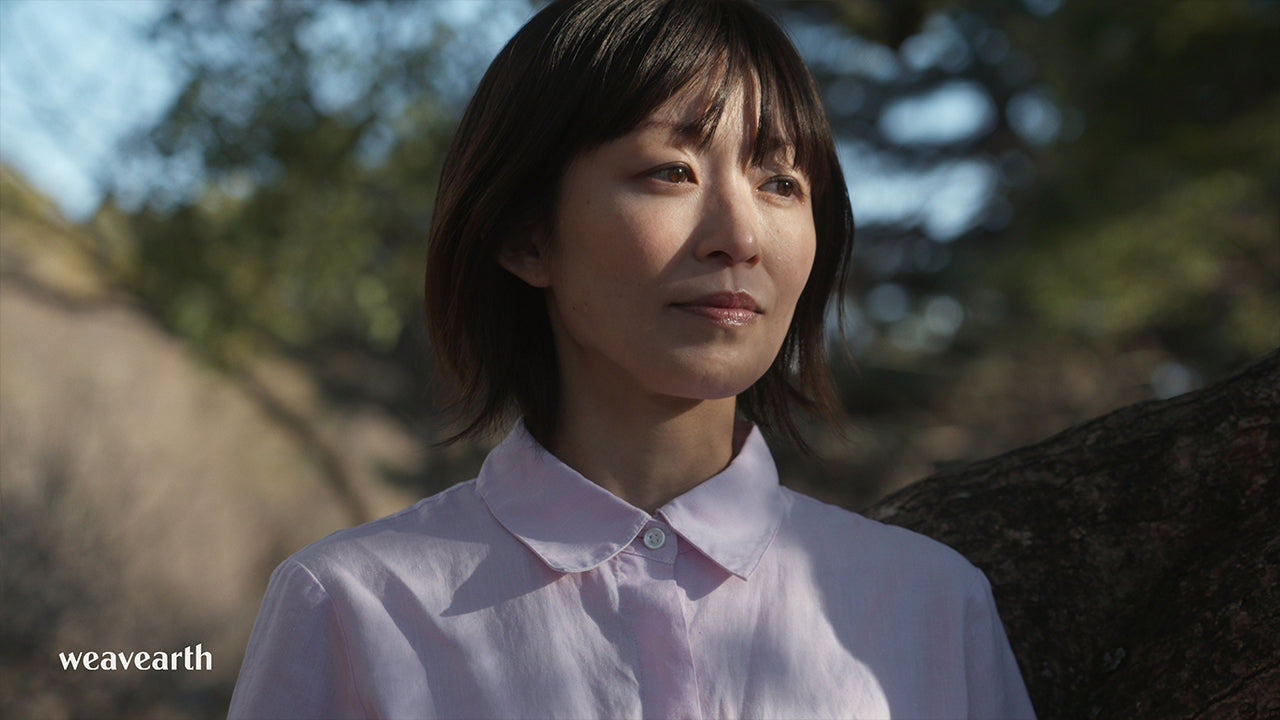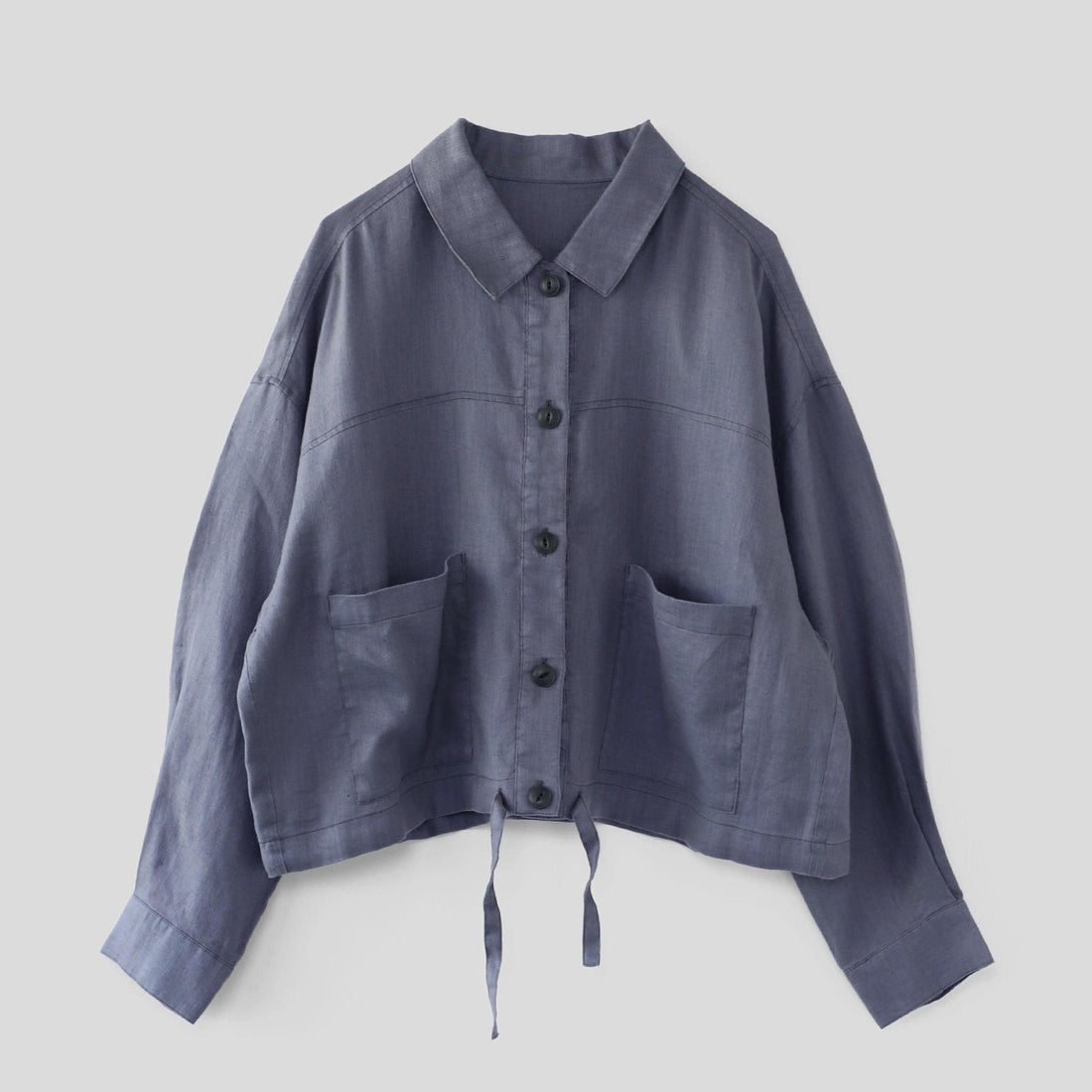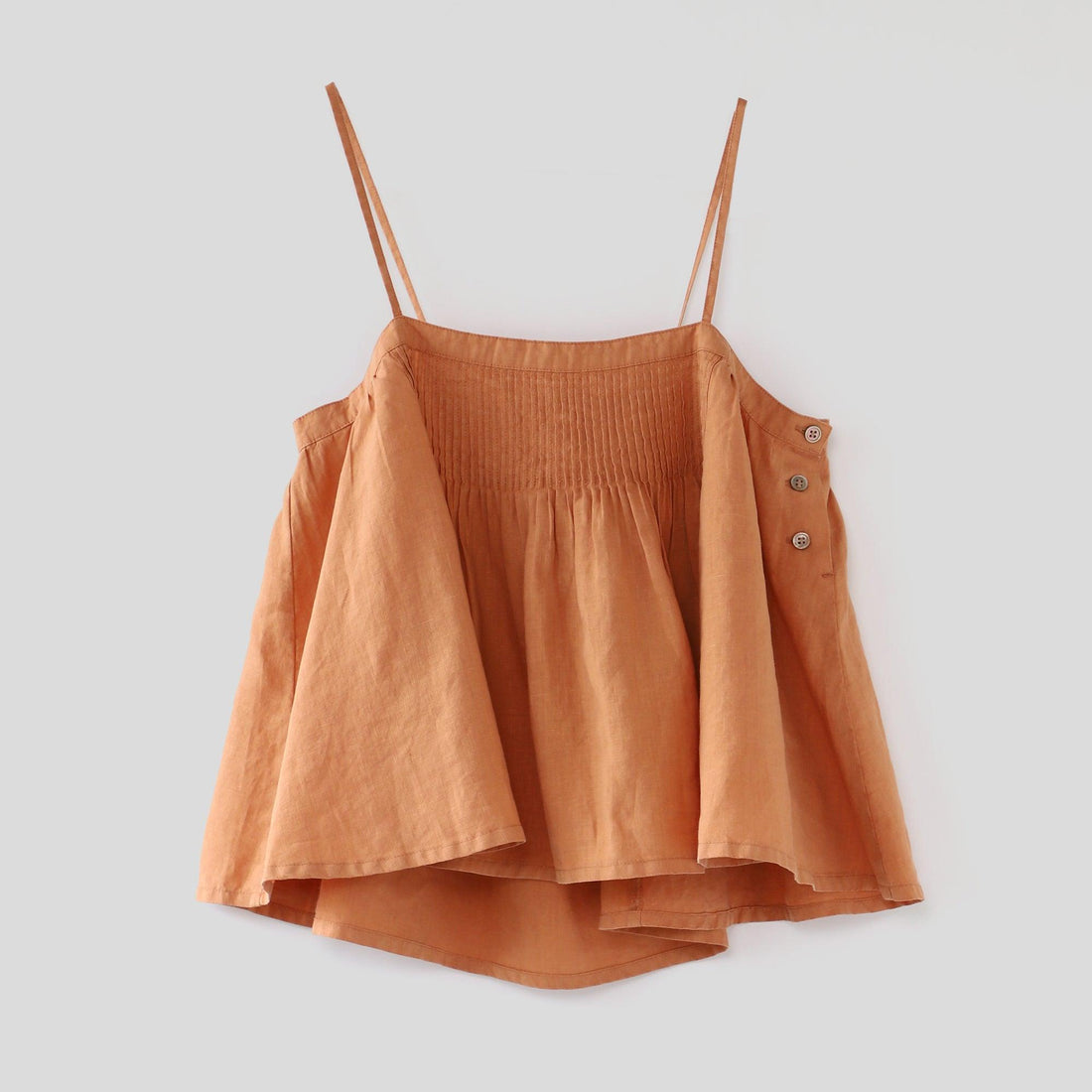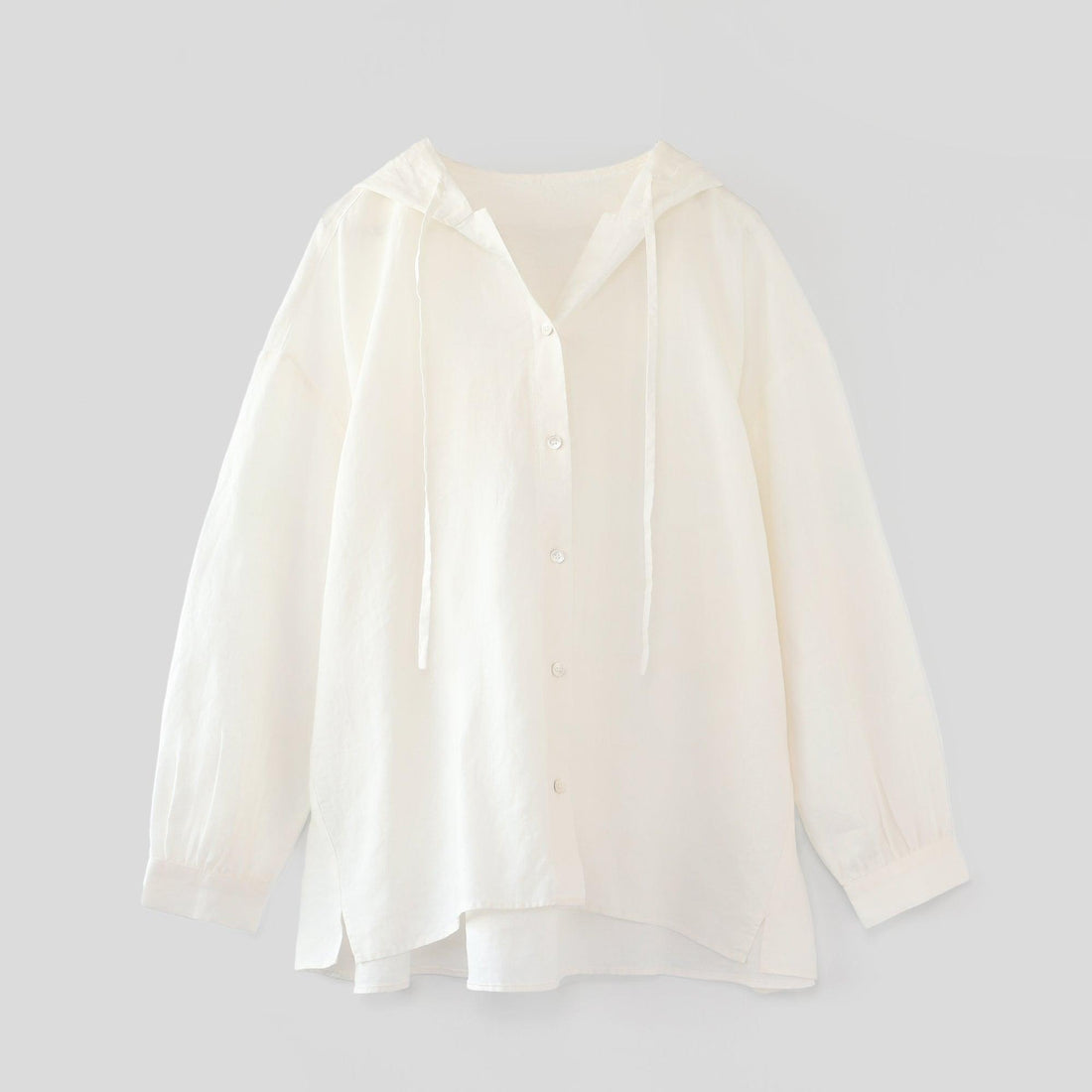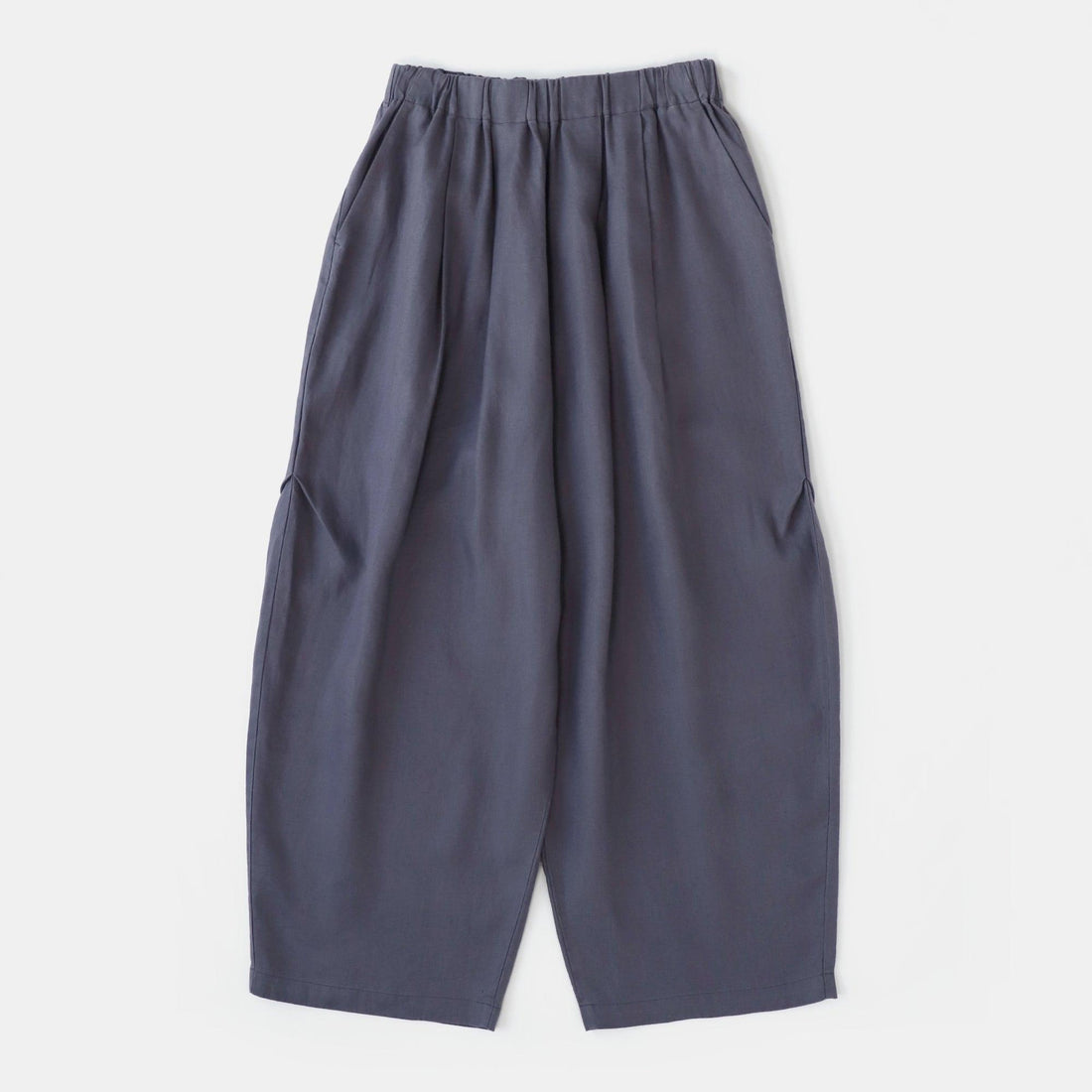(European Commission Executive Vice-President Frans Timmermans, December 2019 #EUGreenDeal press release)
The European Commission announced the "European Green Deal" in December 2019.
This is a growth strategy for the European Union that aims to achieve climate neutrality by reducing greenhouse gas emissions to virtually zero, protect the habitats of plants and animals, and maintain the health of people, the planet, and the economy.
It seeks to stimulate investment through legally mandated political commitments in the key sectors of energy, buildings, industry and mobility.
The agriculture sector of this growth strategy includes a section on hemp.
In order to realize the Green Deal in the future, we are calling for European countries to improve their laws and for companies to invest in hemp cultivation.
The section report lists the following benefits of using hemp:
- Carbon storage: Hemp stores 9–15 tonnes of CO2 per hectare—about the same as a young forest—but takes just five months to grow.
- Breaking the cycle of agricultural diseases: Using hemp in crop rotations helps break the cycle of disease. Additionally, the hemp plant grows quickly and provides shade protection, making it harder for weeds to grow.
- Prevents soil erosion: The dense hemp foliage provides a natural soil cover, reducing water loss and protecting against soil erosion. Hemp forms a soil cover in just 3 weeks after germination.
- Biodiversity: Flowering usually occurs between July and September, coinciding with the lack of pollen production from other crops. It also provides refuge for birds, and hemp seeds serve as food for animals.
- Low or no pesticide use: Hemp faces relatively few serious pests, so insecticides, herbicides, and fungicides can often be avoided.
In addition, hemp is being used in the fields of textiles, food (feed), building materials, and paper. Among these, textiles are considered important for realizing "sustainable textiles (fashion materials)." Sustainable textiles are materials that are durable, reusable, repairable, respectful of human rights, and designed to be energy efficient, and are used in the "circular economy".
There is no doubt that many industries will be created from hemp cultivation in the future, and that it will be used as a major industrial material for the next generation. In Japan, the Hokkaido Hemp Association is working hard to achieve legal reform (amendment of the Cannabis Control Act) in order to cultivate hemp domestically. weavearth's mission is to plan and deliver hemp-derived well-being products.
*The thumbnail photo shows a field where hemp is being retted (the process of exposing it to rain and dew to separate the fibers).
*Source: A European Green Dealhttps://ec.europa.eu/info/strategy/priorities-2019-2024/european-green-deal_en

